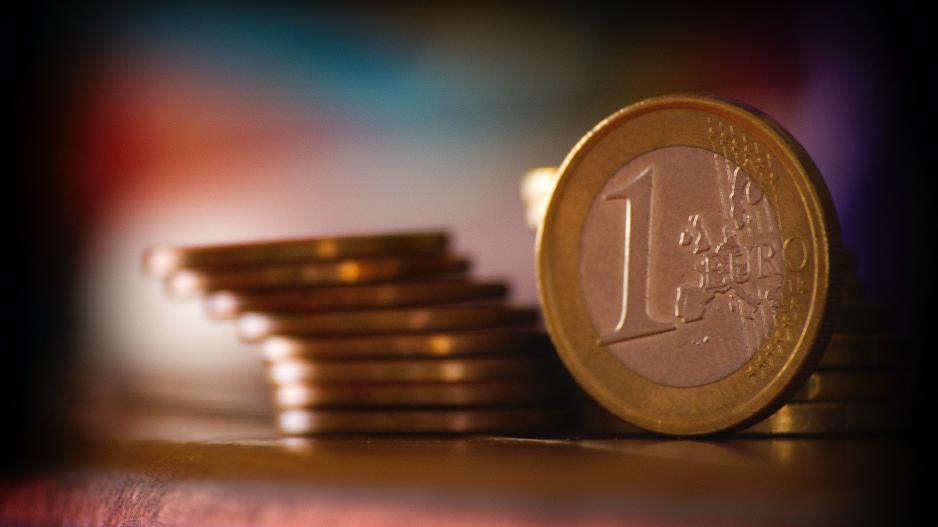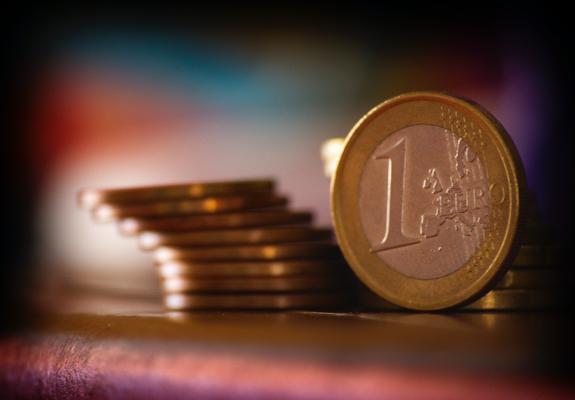Cyprus Nears Decision on Green Fuel Tax Amid Domestic Backlash
Government weighs reduced carbon tax to secure €70M in EU recovery funds while critics warn of burden without infrastructure.
The Cypriot government is nearing a critical decision on whether to implement a reduced green tax on fuel, part of its commitments under the EU Recovery and Resilience Plan. The issue, long in negotiation between Nicosia and Brussels, has triggered both domestic political controversy and pressure from the European Commission, which warns that failure to proceed may cost Cyprus up to €70 million in EU funding.
Finance Minister Makis Keravnos has confirmed that a bill is being prepared and will soon be submitted to the Council of Ministers. The proposed tax—significantly reduced by 50% from the original expert recommendation—is expected to amount to 3–4 cents per litre of fuel, down from an initially estimated 6 cents. However, sources stress that a final decision has not yet been made and all options remain on the table, including outright suspension.
The green taxation is a legacy of the Anastasiades administration, which included it in Cyprus’s national recovery plan. But the current government under President Nikos Christodoulides is facing mounting opposition at home, with AKEL accusing the administration of capitulating to Brussels and failing to negotiate a postponement of the measure.
Despite this criticism, the Ministry of Finance emphasizes that a complete withdrawal of the green tax is not feasible, as Cyprus is bound by EU-wide climate policies. Minister Keravnos has suggested a staggered implementation and hinted that the 2027 EU-wide Emissions Trading System (ETS2) will eventually supersede the national tax with a higher carbon cost of 18–20 cents per litre. Any taxes imposed now will be deducted from that future cost, not added to it.
Brussels appears willing to tolerate some modifications to Cyprus’s recovery plan but has firmly resisted calls for delay, citing the importance of implementing environmental reforms tied to the green transition. EU officials reportedly view this tax as a critical test of Cyprus’s commitment to decarbonisation, especially after repeated recommendations to align national policy with EU climate goals.
In addition to the fuel tax, Cyprus has already implemented a green levy on water and is preparing legislation for a landfill tax, which could be applied in a similarly reduced form. The Ministry of Agriculture has launched public consultations on the creation of a Waste Management Fund, intended to reinvest revenues from environmental taxes into municipal infrastructure, equipment, and recycling services—part of the “Pay As You Throw” strategy.
Should the Council of Ministers reject the fuel tax proposal at the last moment, it could mean forfeiting between €50–€60 million in grants from the EU Recovery Fund. The decision is expected before the end of May.






